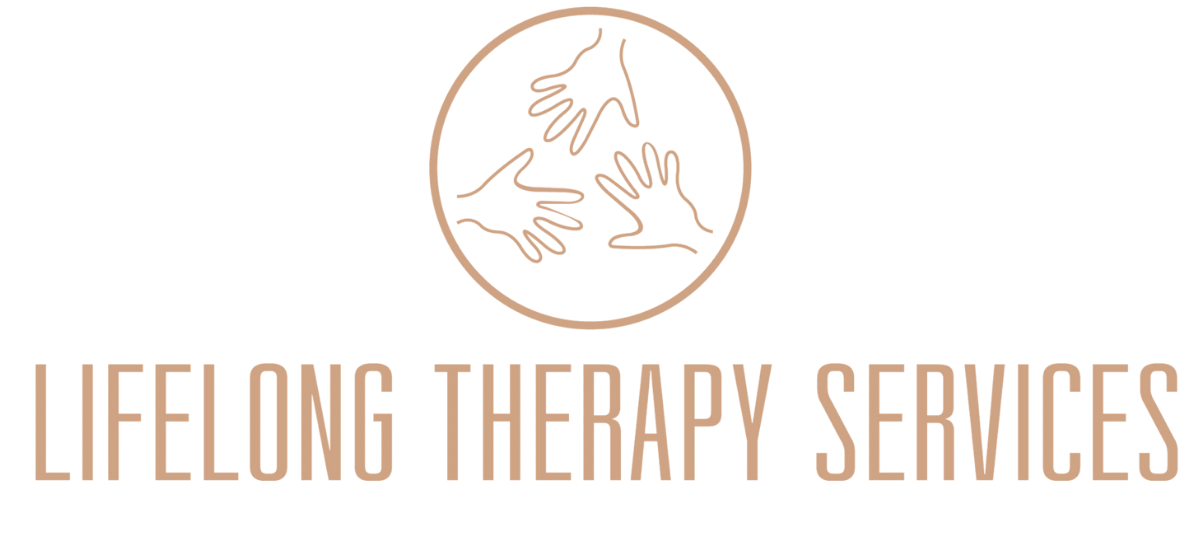Complaints Policy and Procedure
This policy is intended to ensure that complaints are handled fairly, efficiently and effectively.
Our complaint management system is intended to:
This policy provides guidance to our staff and participants who wish to make a complaint on the fundamental principles and concepts of our complaint management system.
Definition of Complaint: An expression of censure, discontent and dissatisfaction or a circumstance regarded as a cause for such expression.
Complaint process
Complaints and suggestions can be made by:
Complaints may be made by:
Results are recorded in a Complaint Register which allows for input into our continuous improvement processes. The Continuous Improvement Register will be used to record improvements that are established after the finalisation of the complaint management process.
If a complaint is about:
All staff, participants, family and advocates, visiting health professionals and visitors are informed of our complaints process via:
Our complaint management system is intended to:
- allow us to respond to issues raised by individuals making complaints in a timely and cost-effective way
- boost participant confidence in our administrative process
- provide information to be used by us to deliver quality improvements in our services, supports, roles and complaints handling process.
This policy provides guidance to our staff and participants who wish to make a complaint on the fundamental principles and concepts of our complaint management system.
Lifelong Therapy Services will create an environment where complaints and concerns, compliments and suggestions are welcomed and viewed as an opportunity for acknowledgement and improvement. This process is to ensure that individuals have the right to make complaints and are encouraged to exercise their right in a blame-free and resolution-focused culture, respecting an individual’s right to privacy and confidentiality.
It is acknowledged that all comments and complaints are vital to review internal performance and processes and to develop continuous improvement of services as we seek to achieve our care commitment.
Participants, families, advocates or other stakeholders may submit Complaints and Feedback Form regarding Lifelong Therapy Services's supports, services, staff, or contractors. The participants can be provided information in Easy Read format if required.
It is our policy to follow the principles of procedural fairness and natural justice and comply with the requirements under the National Disability Insurance Scheme (Complaints Management and Resolution) Rules 2018.
Lifelong Therapy Services maintains that complaints and feedback can be managed effectively through:
- implementing an open and transparent complaint handling system
- observing the principles of natural justice and compliance with relevant mandatory reporting under Australian law
- committing to the right of stakeholders to complain either directly or through a representative
- undertaking procedural fairness to reach a fair and correct decision
- taking reasonable steps to inform the complainant of the NDIS commission complaints process, including the use of various communication means, e.g. oral and written
- maintaining complete confidentiality and privacy
- abiding by the NDIS Code of Conduct
- training staff in our complaint process and the rights of all stakeholders to complain
- considering all complaints seriously and respectfully
- advising participants and staff members of their right to complain
- staff will be trained in complaint handling during assessments and orientation
- guidance regarding the complaint process is outlined in the welcome information provided to our participants
- provision of support for people who may need assistance to make a complaint
- protection of complainants against retribution or discrimination
- prompt investigation and resolution of complaints
- communicating and consulting with participants, family and advocates during the complaints process and providing feedback and resolutions
- interpretation and application of policies and processes
- providing opportunities for all parties to participate in the complaint resolution process
- accepting Lifelong Therapy Services and staff accountability for actions and decisions taken due to a complaint
- committing to resolve problems at the point of service or through referral to alternatives
- committing to use complaints as a means of improving planning, delivery and review of services through our continuous improvement processes
- referring complaints and feedback into our Continuous Improvement Policy and Procedure
- auditing annually the Complaints and Feedback Policy and Procedure.
Definition of Complaint: An expression of censure, discontent and dissatisfaction or a circumstance regarded as a cause for such expression.
Complaint process
Complaints and suggestions can be made by:
- using the Complaints and Feedback Form
- contacting a member of staff, verbally or in writing, our staff must offer to document the complaint on behalf of the participant if required and refer the matter to the Director
- contacting the Director, verbally or in writing
- responding to questionnaires and surveys
- sending an email to our contact email
- attending meetings/care conferences
- contacting external complaint agencies, e.g. NDIS Quality and Safeguards Commission
- communicating orally, in writing, or any other relevant means.
Complaints may be made by:
- staff
- participants
- the general public
- advocates
- family members
- carers
- anonymous person/s.
Results are recorded in a Complaint Register which allows for input into our continuous improvement processes. The Continuous Improvement Register will be used to record improvements that are established after the finalisation of the complaint management process.
If a complaint is about:
- Support or services: The complaint will be dealt with by the Director
- Staff member/s: The complaint will be dealt with by the Director
- The Director: An external person or body may be approached, e.g. NDIS Quality and Safeguards Commission.
All staff, participants, family and advocates, visiting health professionals and visitors are informed of our complaints process via:
- participant welcome information
- initial access to supports
- staff orientation, induction and training
- Meetings, reviews and assessments
- participant agreements
- contractor agreements.
Copyright © 2025

